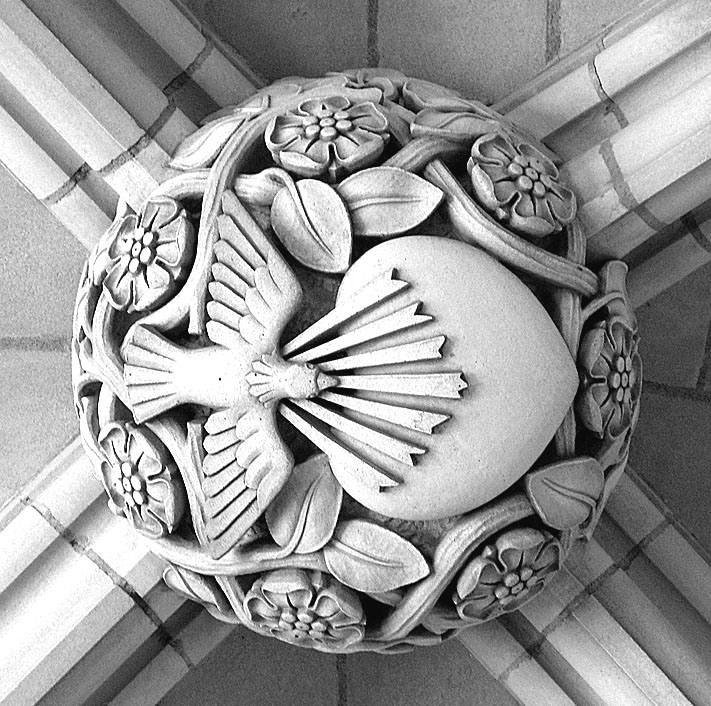written by Teresa Donati
In the Middle Ages, when the population of Europe was beset by plague, flagellant monks walked along, praying, beating themselves, imploring mercy and relief from the pandemic that would decimate Europe.
For myself, I would rather weep, and argue with God, and urge mercy; and use all the forces of charity to help, and knowledge to advance our science, to find a cure. And, meanwhile, with the Psalmist, ponder our human fate.
Today we are restless and weary with fear and precaution, in a pandemic that seems inexorable in its spread.
And I wonder: do we imagine we are the first to feel this, or that God has never heard such prayers before? We pray as multitudes before us have prayed, in ages past, and now, these days that make our new history, these new days of plague.
Here we have the Psalmist, more than five hundred years before Our Lord’s appearing, praying so many of the prayers we pray. How familiar! Our hearts are moved to think of that sense of abandonment, which we may be tempted to now, almost twenty-six hundred years later; there is no timeline on human sorrows, we feel the burden of sickness and we struggle for hope, in every age.
Imagine those prayers, in a day long before so much medical help and community outreach were common. We think we pray in desperation, but look at how old, how human, how insistent, are the trials experienced by so many generations:
3 I think of God, I am restless, *
I ponder, and my spirit faints.
4 You will not let my eyelids close; *
I am troubled and I cannot speak.
5 I consider the days of old; *
I remember the years long past;
6 I commune with my heart in the night; *
I ponder and search my mind.
7 Will the Lord cast me off for ever? *
will he no more show his favor?
8 Has his loving-kindness come to an end for ever? *
has his promise failed for evermore? (Psalm 77)
The Psalmist concludes by trusting the wonders of God’s will and ways. That is no small thing, because then, as now, people are in a testing-time of faith.
Most importantly, we need to trust that God can and will work wonders in our hearts, lifting our fears, lifting our spirits, remembering that the dangers surrounding us are not new in human history.
Thoughts and prayers tumble together as we try to find community in isolation. How do we speak to ourselves about it, let alone speak to God? This is not a new problem, as we read in Romans (8:26) —
Likewise the Spirit helps us in our weakness; for we do not know how to pray as we ought, but the Spirit himself intercedes for us with sighs too deep for words.
Oh, Spirit, we think, keep interceding for us! We run out of words as we watch the numbers of the afflicted rise, as the numbers who have died pass the numbers who were killed in wars, numbers whose equal we never thought to see in peacetime.
Keeping faith, even as the Spirit sighs over us, still is not an easy thing to ask of ourselves. We rejoice with gratitude for the blessings we have received in life, yet there is small preparation for the punishing blows that can and often do seem to cloud the joys we have experienced.
We cannot be in love with someone when those feelings are absent from our hearts; we cannot force ourselves to a faith that God has not given us the grace to have. Many have tried, looking for ways to be convinced of faith.
It will never work – I am convinced of that.
The only prayer that seems to be able to hold us to our faith, is the prayer for faith itself. Praying for grace, praying for hope, praying that God so suffuse our hearts, that belief is as much a part of us as any quality of body or mind.
And there, alone, in those prayers when all else seems to overwhelm, lies the path to relief and the remembrance of God’s promise to go through all of it, with us, side by side, and supporting us if we falter. A God always there. Ah, the marvel of it.

